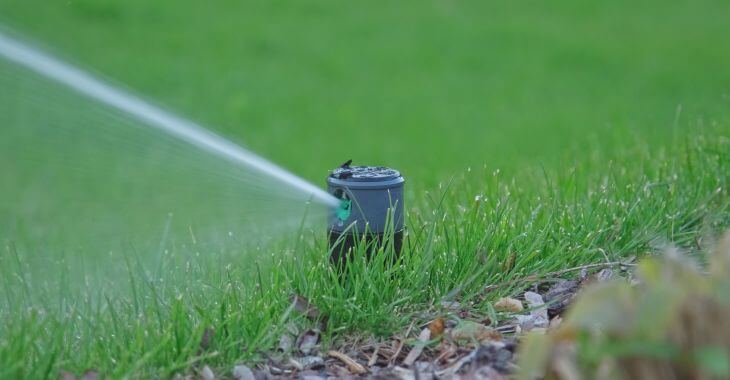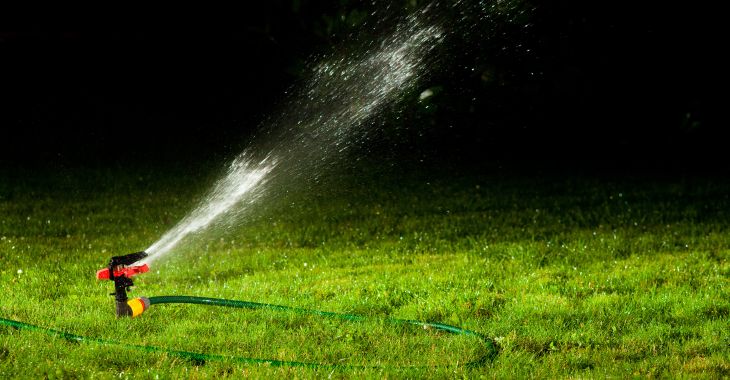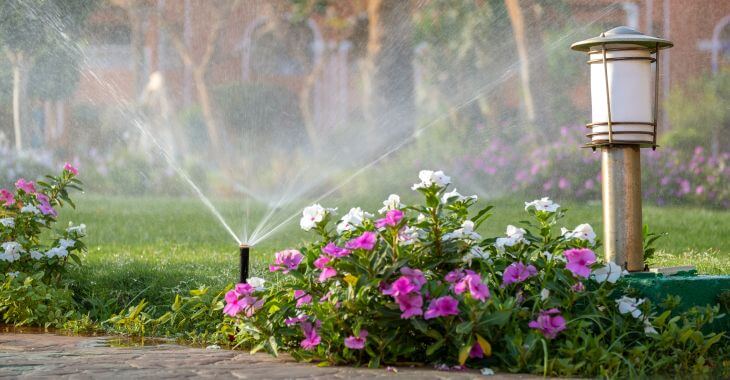Irrigation Audit: Save Water, Lower Costs, and Improve Lawn Health
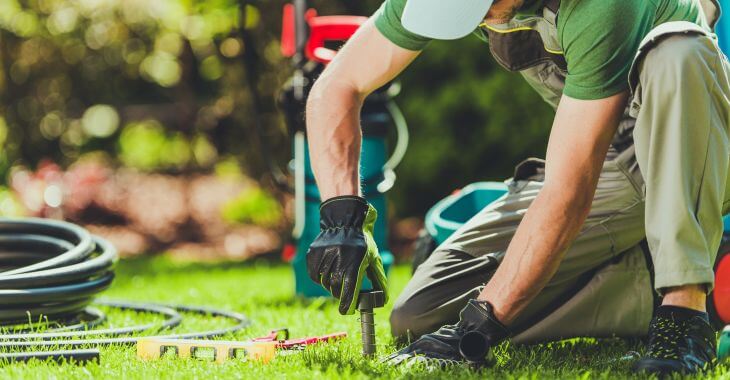
An irrigation audit is a professional evaluation of your sprinkler system’s performance. It identifies problems, inefficiencies, and opportunities to improve water usage. This service is essential for homeowners, HOAs, and businesses aiming to save water and money.
Why You Need an Irrigation Audit
Over time, irrigation systems can become inefficient due to wear, outdated parts, or improper setup. An audit ensures your system distributes water evenly and effectively. It’s one of the easiest ways to improve plant health and reduce water waste across your landscape.
A technician will inspect every component of your irrigation system. This includes checking for leaks, poor pressure, broken nozzles, and runoff issues. The audit will also measure system efficiency and provide a detailed report with recommendations.
Common Problems Uncovered During Audits
An irrigation audit often reveals common issues that cause water loss or uneven watering. These problems can lead to dead patches, runoff, and higher utility bills. Correcting these issues not only saves money but also promotes healthier plants and grass.
Common issues include:
- Misaligned or broken sprinkler heads
- Uneven sprinkler head spacing
- Low or inconsistent water pressure
- Leaks in valves or lines
- Overwatering or underwatering certain zones
Sprinkler Head Spacing Matters
Proper sprinkler head spacing is critical for even water distribution. Heads should be spaced so that each overlaps the next slightly. Poor spacing causes dry zones or pooling. During an audit, spacing is carefully measured and adjusted to meet best-practice standards.
Uneven spacing can lead to excessive use of water in an attempt to green up patchy areas. That’s not just wasteful — it’s costly. Audits ensure the correct pattern and coverage for every zone, especially in wide or irregularly shaped areas.
Upgrade Your Controller and Save
Smart irrigation controllers help reduce water use by automatically adjusting schedules based on weather and soil conditions. You may qualify for a smart controller rebate from your local utility company, making this a cost-effective upgrade.
A growing number of cities and water districts across the country are encouraging smart controller adoption through rebate programs. An audit is often the first step to ensure your system is compatible and properly set up for smart technology integration.
Benefits of a Smart Irrigation Controller
Installing a smart controller can significantly improve system efficiency. These devices reduce water waste by preventing watering during rain or cold snaps. They can also help you track usage remotely and alert you to leaks or malfunctions.
Benefits include:
- Real-time weather adjustments
- Reduced monthly water bills
- Less manual scheduling and guesswork
- Access to smart controller rebates
- Improved plant and lawn health
Some smart controllers can even track historical weather data and moisture levels, making them ideal for areas with changing seasonal rainfall patterns.
Improve Water Efficiency and Save Money
A water-efficient irrigation system uses less water while achieving better results. An audit ensures each sprinkler head operates properly and covers its intended area. The result is a more efficient system with less waste and healthier vegetation.
According to the EPA, up to 50% of water used outdoors is wasted due to inefficiencies, such as evaporation, runoff, and overwatering. That number can be drastically reduced by addressing issues uncovered in a professional irrigation audit.
When to Schedule an Irrigation Audit
It’s best to schedule an audit at the start of the growing season or after noticing higher bills, poor plant health, or visible leaks. Regular audits (every 1–2 years) are recommended, especially for larger properties or older systems with aging parts.
If you’ve recently moved into a home or purchased a commercial property, an audit can help identify unknown issues and bring the system up to standard quickly.
Residential and Commercial Audits
Whether you’re a homeowner or manage a commercial property, an irrigation audit offers valuable insights. Businesses and HOAs can benefit from large-scale water savings and better landscape aesthetics, which are important for curb appeal and property value.
For commercial properties, consistent irrigation is critical. Dead zones or overwatered spots not only look bad, but they can create safety issues and lead to expensive landscape repairs. Regular audits help prevent those problems.
Get Ahead of Regulations
In areas with drought restrictions or mandatory water usage reporting, an irrigation audit helps you stay compliant. Many municipalities now encourage or require audits for commercial properties and offer smart controller rebates as added incentives.
These audits can also help qualify your property for water efficiency certifications or LEED points if you’re aiming for sustainable building goals.
Post-Audit Recommendations
After the audit, you’ll receive a report outlining issues and solutions. This may include recommendations for fixing sprinkler head spacing, replacing parts, upgrading the controller, or changing run times. This report will help prioritize fixes to match your budget.
Your report may also include photos, efficiency ratings, estimated water savings, and rebate opportunities. Your technician can walk you through the options so you can make informed decisions.
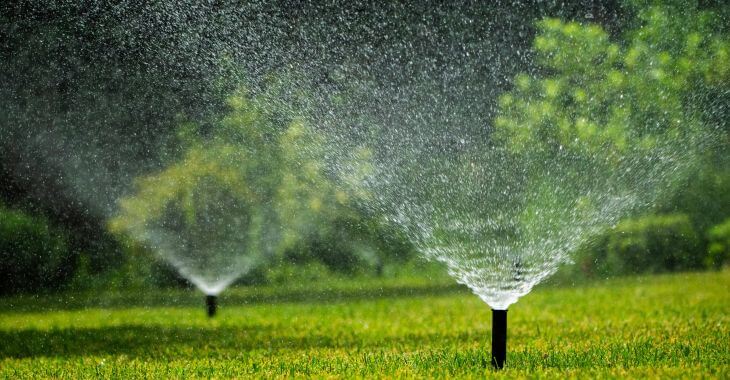
Don’t Let Water Go to Waste
A leaking or inefficient sprinkler system wastes thousands of gallons per month. With an audit, you can identify and fix these issues early — saving money, water, and the environment. An irrigation audit is a small investment with big returns.
